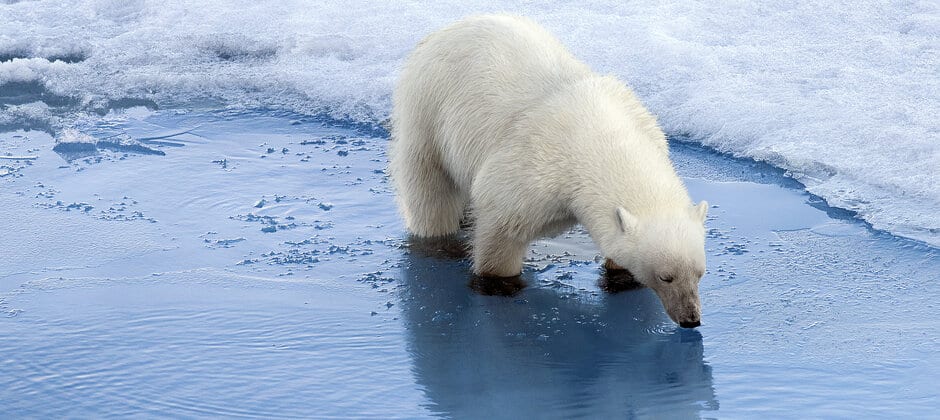Share this article
U.N. climate change panel urges immediate climate action
The Intergovernmental Panel on Climate Change released a report Feb. 28 warning that climate change impacts are already happening, are more severe than previously thought, and that countries currently lack the infrastructure and policies necessary to adapt to the changing world.
The Intergovernmental Panel on Climate Change (IPCC) is a U.N. established group founded in 1988, and is composed of the world’s leading climate scientists. The panel’s goal is to assess published literature and come to a consensus on the state of climate change, as well as what can be done to mitigate current and future negative consequences. The IPCC is divided into three working groups: I, II and III, with each group focusing respectively on the state of physical systems, climate change impacts and climate change mitigation options
Following Working Group I’s 2021 report on physical climate systems, the recent Working Group II report covers the natural and socioeconomic impacts of climate change.
The Working Group II report emphasizes that climate change impacts are more widespread and severe than previously thought. An estimated 3.3 to 3.6 billion people, primarily those of low socioeconomic status, live in conditions that are highly vulnerable to climate change, with many already experiencing negative consequences like food insecurity. The natural world is also experiencing effects like record droughts, wildfires, rising seas and mass extinction that will likely escalate if no action is taken.
After assessing these consequences, the IPCC found that countries around the world lack the necessary infrastructure and climate policies to adapt to both current and future changes, and this will lead to worsened effects if not addressed. The report describes the world’s efforts to combat climate change thus far as “disjointed,” “fragmented” and “incremental.” For effective outcomes in fighting climate change and biodiversity loss, the panel called for immediate action and a paradigm shift to link climate justice with social justice.
“Vulnerability to climate change differs substantially among and within regions driven by patterns of intersecting socioeconomic development, unsustainable ocean and land use, inequity, marginalization, historical and ongoing patterns of inequity such as colonialism, and governance,” the report read. “Human and ecosystem vulnerability are interdependent. Current unsustainable development patterns are increasing exposure of ecosystems and people to climate hazards.”
The IPCC said that while several climate change impacts on the environment are irreversible, humanity can still take steps that will prevent or mitigate future damage. Working Group II’s report does not delve into climate intervention strategies that should be taken, but these strategies will be detailed in Working Group III’s upcoming report in April, the IPCC said.
Header Image: A new Intergovernmental Panel on Climate Change report states that many people with low socioeconomic status are living in conditions vulnerable to climate change. Credit: Christopher Michel








